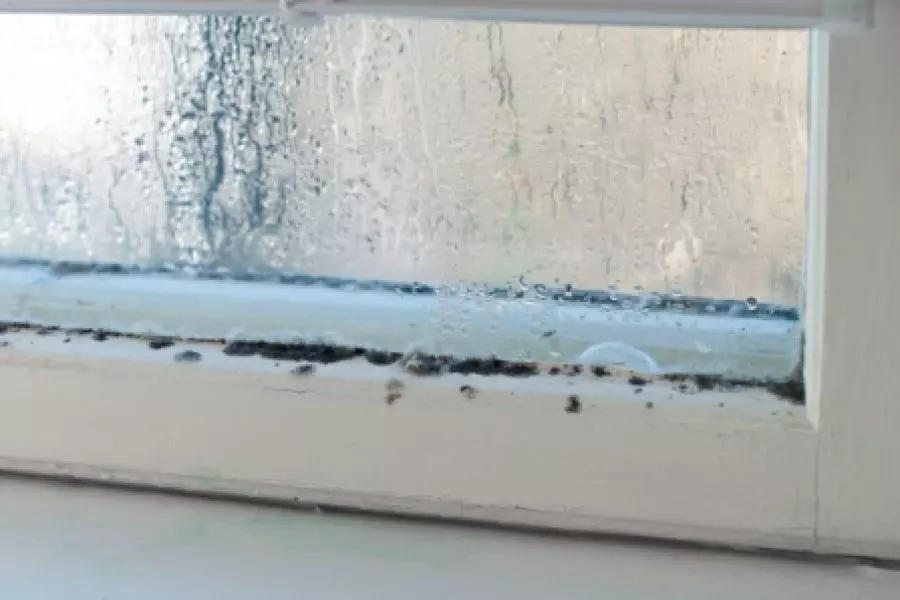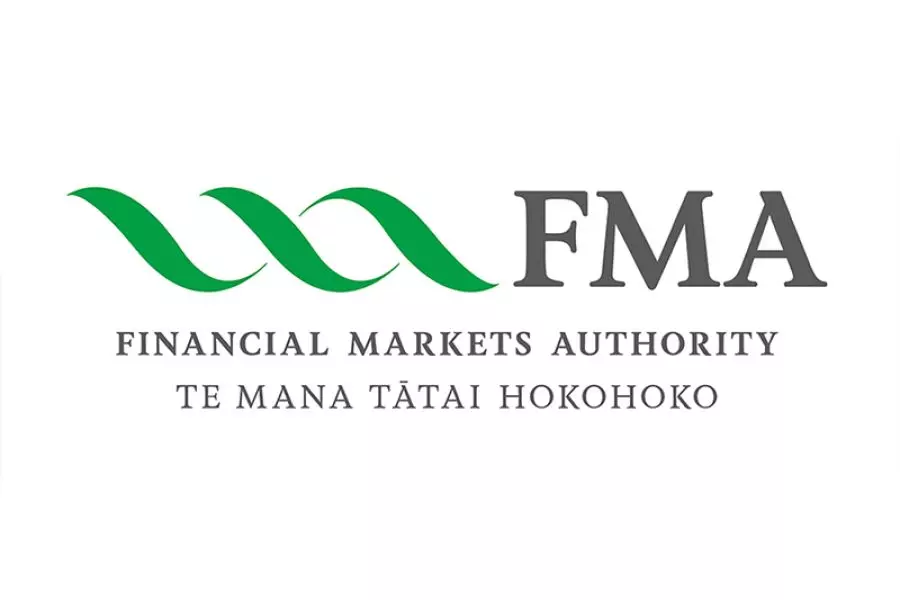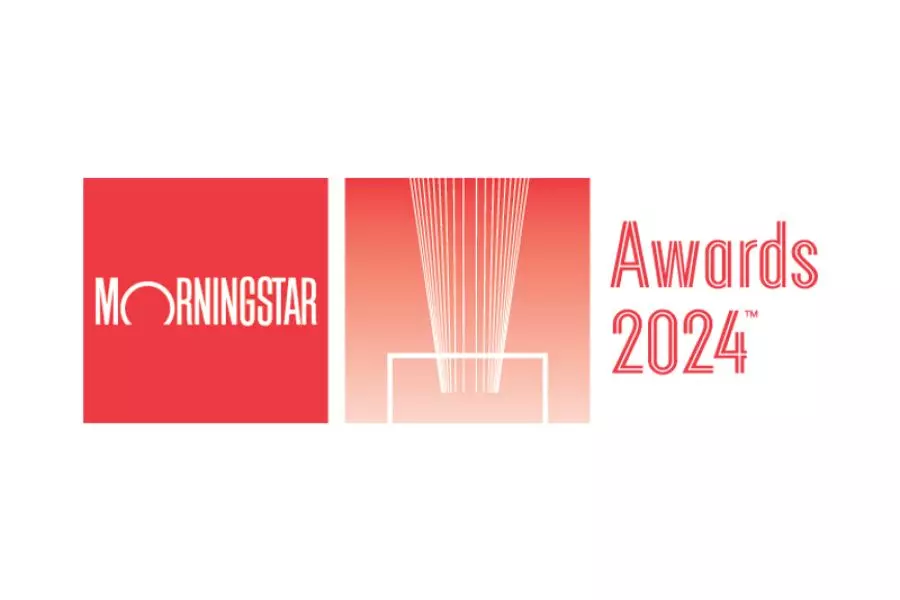News
Too cool for comfort?

Friday 27th of May 2016
There has been months of public concern about the cold, damp housing conditions many lower-income New Zealanders live in.
At the same time, there has been growing pressure for the introduction of minimum standards for rental properties.
In response, finance minister Bill English allotte...
Want to read the full article?
Click the button below to subscribe and will have unlimited access to full article and all other articles on the site.









![[The Wrap] Bye Bye Bayly](https://goodreturns.publit.io/file/c_fill,w_900,h_600/39f23ac1-f7c7-4854-b700-a150004ebbac.webp)